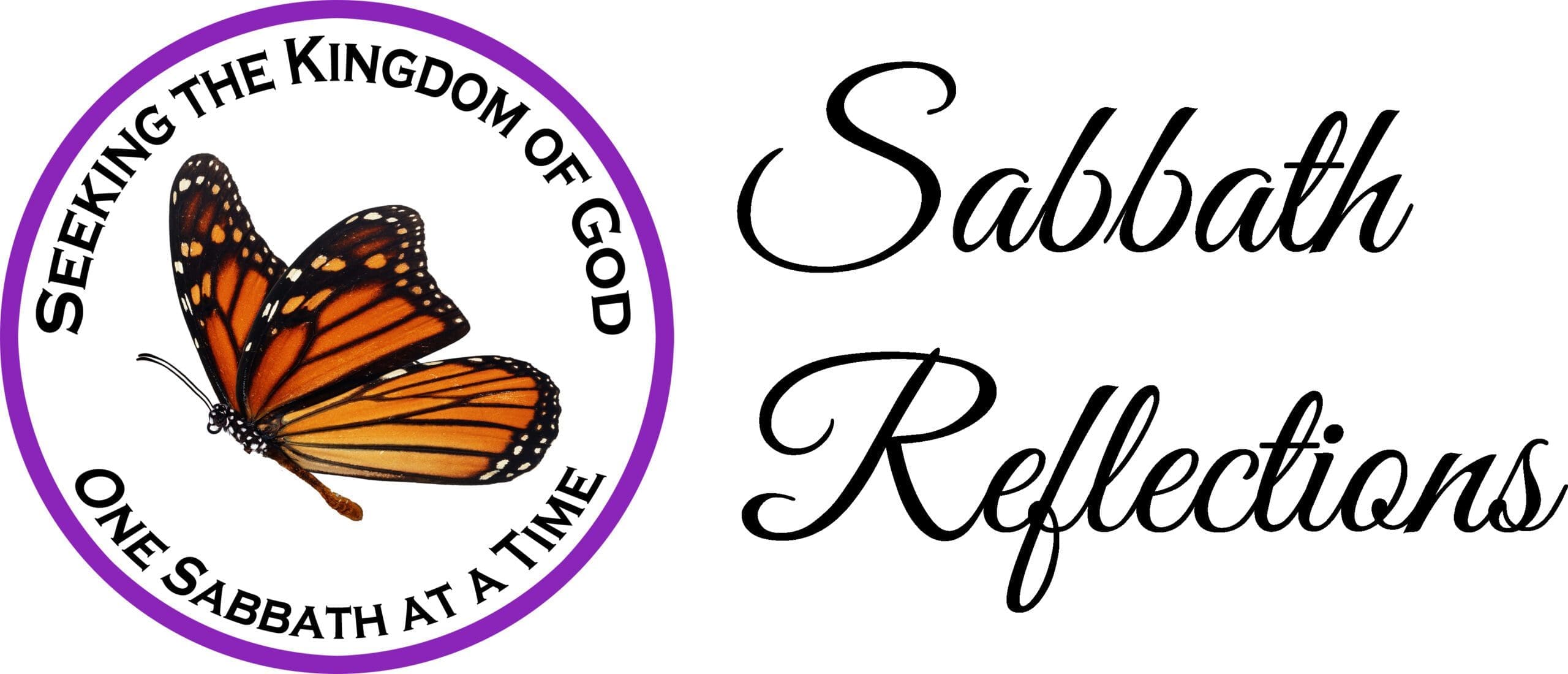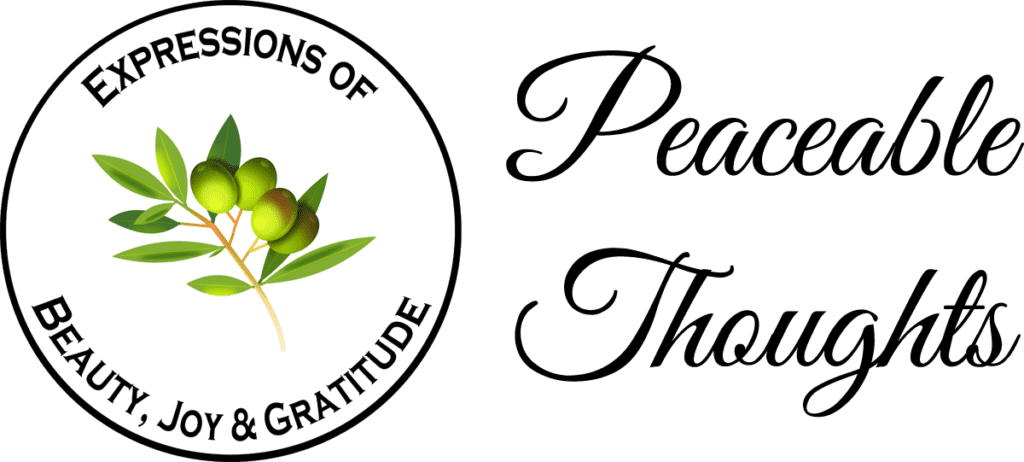SABBATH THOUGHT 2022-03-26—THAT NIGHT OF THE LORD
May God bless you on His Sabbath day!
The first Passover was an interesting time for a variety of reasons. From the perspective of the ancient Israelites, it was the first time God commanded them to observe a specific day. However, unlike the holidays of today, it was not a time for rejoicing. Notice how God required them to eat the Passover meal:
EXODUS 12:11-13 And this is the way you shall eat it: with your loins girded, your sandals on your feet, and your staff in your hand. And you shall eat it in haste with trepidation. It is the LORD’S Passover, 12 For I will pass through the land of Egypt this night, and will smite all the firstborn in the land of Egypt, both man and beast. And I will execute judgment against all the gods of Egypt. I am the LORD. 13 And the blood shall be a sign to you upon the houses where you are. And when I see the blood, I will pass over you. And the plague shall not be upon you to destroy you when I smite the land of Egypt.
They were not to change into comfortable clothes (“loins girded”), remove their sandals, or put away their staff. And they were to eat it quickly because of the fearful night that was looming: the Egyptian firstborn would DIE. Basically, God wanted them to be prepared to leave at a moments notice. They likely needed no encouragement to stay inside their houses with the thought of the “destroyer” lurking outside (Exo. 12:12, 23). It was certainly a fearful night, not a day to rejoice.
It was after midnight when the Egyptians discovered that all of their firstborn were dead. Upon seeing this, Pharaoh sent word to Moses and Aaron that every one of the Israelites and all their animals must leave Egypt. Along with Pharaoh, even the Egyptian people “were urging the people, that they might send them out of the land quickly, for they said, "We are all dead men.” (Exodus 12:29-33).
This was an urgent demand for them to leave. So, they spent the remainder of the next day (Passover) getting ready. The Bible describes it this way:
EXODUS 12:34 And the people took their dough before it was leavened, their kneadingtroughs being bound up in their clothes upon their shoulders.
Basically, they packed up their bread dough, kneading troughs, and clothes. These were clearly important because the Bible records only these specific items but says nothing about taking anything else. Kneading troughs were required to make bread dough, which was made and set aside days before they baked it. Bread that is naturally leavened by yeast in the atmosphere can take two to three days to rise—longer if the temperatures are cooler, which would have been the case around the time of Passover. However, when the command from Moses and Aaron came, they wrapped up their dough in their clothes before it became leavened. While it was their circumstances that led to them eating unleavened bread that Passover day (Exo. 12:39), it is in keeping with Passover being a day of unleavened bread (Exo. 12:18; Mat. 26:17; Mark 14:12; Luke 22:1, 7; 1 Cor. 5:6-8).
The fearful urging of the Egyptians to leave also forced them to gather only basic household goods. Consider someone coming to your house and ordering you to leave by sunset. What would you take? As slaves, I suspect that the Israelites had very little to begin with; however, fleeing from Egypt meant they had to travel light—they left behind anything that was too big or heavy or not useful to a people escaping for their lives. But during this state of emergency where they took only the things that mattered, they were also enriched:
EXODUS 12:35-36 And the children of Israel did according to the word of Moses. And they asked for articles of silver, and articles of gold, and clothing from the Egyptians. 36 And the LORD gave the people favor in the sight of the Egyptians, and they granted their request, and they stripped the Egyptians.
Why would they ask for, and receive, silver and gold in addition to clothing from the Egyptians? I imagine that the Egyptians in Ramses (located in the area called Goshen) were frantically yelling at the Israelites to GET OUT. They were overcome with fear so, when the Israelites asked, the Egyptians were more than willing to give them anything if they would just leave—now! While today anyone can buy bars or coins of gold (if you can afford them), in the time of Moses, silver and gold was in the form of jewelry. This was also a benefit because it was something they could wear as opposed to having to carry it. (Recall that the golden calf was made entirely from earrings—Exo. 32:3.)
Finally, after everyone had gathered their belongings and animals, they mustered together and began the journey out of Egypt. It is an interesting point that spent their first night (the first day of the Days of Unleavened Bread) at the Egyptian city of Succoth (Exo. 12:37). So, at the end of the first day of their flight, they were still in Egypt (as are we). The second day was spent at Etham (Exo. 13:19) at the edge of the wilderness outside of Egypt. In other words, their journey from Egypt was a progression that happened over time.
The Israelite’s flight out of Egypt portrays our own coming out of sin. We all know this because that is the focus of the Days of Unleavened Bread. However, it all started with Passover because, without the death of the Egyptian firstborn, the Egyptians would never have let them leave. In other words, they would have remained slaves (this is quite true of us as well). In fact, it was so significant that God said:
EXODUS 12:41-42 And it came to pass at the end of the four hundred and thirty years, it was even on that very same day, all the armies of the LORD went out from the land of Egypt. 42 It is a night to be much observed to the LORD for bringing them out from the land of Egypt. This is that night of the LORD to be observed by all the children of Israel in their generations.
The night that the Israelites began their journey out of Egypt was significant. They were slaves who had witnessed all the plagues God put upon them (the first three) and the Egyptians. They endured the night of the Passover: eating a meal in haste while listening to the sounds of death just outside their doors. I can only imagine their fear while wondering if the blood of a lamb smeared on their doorposts could truly spare them from the horrors they heard outside of their homes. The next day was spent frantically packing what they could and gathering their animals. All of that happened on Passover as the Egyptians were yelling at them to leave. Only when all was ready did they begin their journey away from everything that they had called “home” for 430 years—longer than the USA has been in existence.
What I have just described is “That Night of the Lord”. Most of us call it The Night to be Much Observed. While that is certainly true, Scripture says it is “a night to be much observed”:
EXODUS 12:42 It is a night to be much observed to the LORD for bringing them out from the land of Egypt. This [night] is that night of the LORD to be observed by all the children of Israel in their generations.
The second half of the verse records that God called it “That Night of the Lord”. But is the name significant as long as we observe it? Yes! Because it is not just ANY night to be observed; it is THE night COMMANDED by GOD because of what HE did for His people! What did God do? He called us, and is now leading us, out of sin and death. None of us would be on this journey unless God intervened in our lives. None of us could have simply chosen to leave “Egypt” and begin our journey to the Promised Land unless God drew us (John 6:44). None of us would have even known we were living in sin and under the (eternal) death penalty unless God revealed it to us.
Today, many of us think of “That Night of the Lord” primarily as a time to gather and eat a wonderful meal. But that is not what happened during the Exodus. Remember, the Israelites had just spent a night in fear for their lives. They were then ordered to leave Egypt so, after Passover night during the daytime, they grabbed what they could and left that night (the beginning of the first day of the Days of Unleavened Bread). “That Night of the Lord” was not a night spent eating a big meal—it was when the Israelites fled with the clothes on their backs.
The personal connection of this story to every believer is truly significant and unique. Each of us remembers the first time we understood how sinful we really are, no matter how “good” we might have thought we were otherwise. It brought each of us to the awareness that we killed the Passover Lamb—Jesus Christ. This led us to the revelation that we needed to change everything in our lives and flee our sinful ways (1 Cor. 6:18). For many, it was a time of many emotions including fear (of the death penalty), apprehension, and uncertainty. Then there was the startling realization we did not know what to do or where to go. Our only option was to turn to God in faith. As all of this was being revealed to us, we also had to face the fact that this was a lifetime commitment—the journey out of Egypt was not to the physical Promised Land, but to a spiritual one—one that ended at our physical death. But, it was by the faith of Jesus Christ that we took that first step toward baptism and receiving God’s earnest of the Holy Spirit for eternal life. When we look back, we realize that in spite of the uncertainty and disruption to our lives, we were also enriched by God just as were the Israelites. Those riches are not something we earned or gained through our own planning. We asked of God, and He mercifully gave to us the means to being that journey, just as He provided for the Israelites when they asked of the Egyptians.
Thinking upon these very important, personal, and unique events in our lives is how we are to truly observe “That Night of the Lord.” The Hebrew word for “much observed” (Exo. 12:42) means that it is a memory to be protected, hedged about, attended to, take heed of, and be circumspect about. We are to remember our calling from God and how He revealed His purpose unto each of us. Each one is a unique story, something we can SHARE with others on that night. We are to guard those memories lest we forget our calling; we are to protect those memories so we remember to persevere; and we are to share those memories with others so we are all encouraged in these dark days of Satan’s rule.
While having a meal on “That Night of the Lord.” is not at all wrong, it is certainly not the focus as many of us were led to believe. That was only a tradition. The real purpose and OBSERVANCE of that night is to ponder the story of Abraham, the Exodus of the Israelites, and our own personal calling unto the eternal Promised Land. (For more information, see the booklet “That Night of the Lord—The Night to be Much Observed.[1]”) It is a night of wonder for the unimaginable things that God has done for us and the wonderful promises He desires to give to each and every one us!
What is the story of your calling?
May God’s grace and peace be upon you!
Steven Greene
https://sabbathreflections.org


